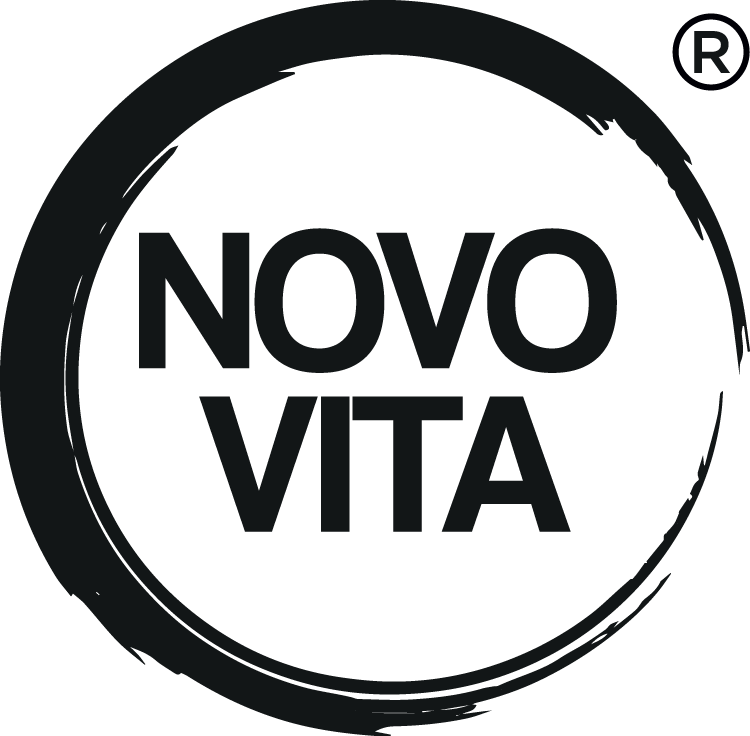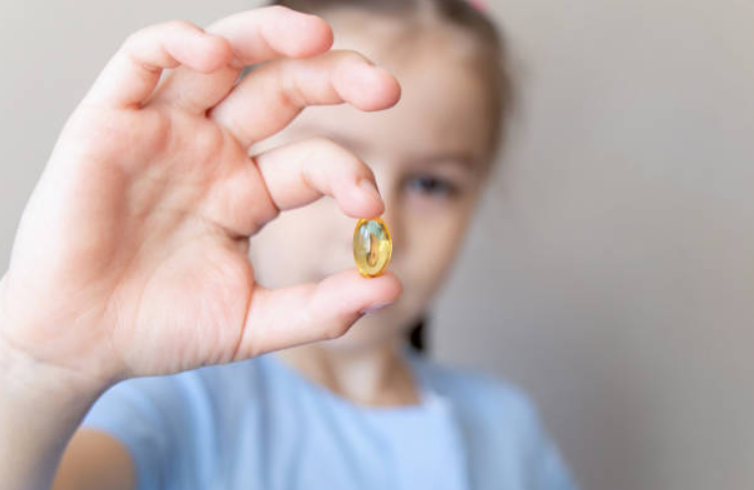Omega-3 fatty acids are essential fats that the body cannot produce, therefore it is crucial to ensure eating a healthy and balanced diet to get those in adequate amounts. Although most of you probably know about the vast number of health benefits associated with Omega-3 fatty acid consumption for adults, such as improved cardiovascular function, brain function, eye health and its potent anti-inflammatory properties that may help to reduce the risks of obesity, heart disease, diabetes other diseases. Yet, many parents are uncertain whether omega-3 supplements are necessary or even safe for their kids.
But in fact, omega-3 helps kids to grow and stay healthy, too!
So does your little one get sufficient omega-3 from their diet, or should you consider supplementing their nutrition to increase their omega-3 intake?
This article will take a look at the benefits and functions and possible side effects of omega-3 supplements to help you determine whether your kids should take them.
What are omega-3s?
In short, omega-3s fatty acids are a group of polyunsaturated fatty acids. These fatty acids are essential because your body cannot produce them naturally, so we must obtain the right amount from food or supplements.
There are three main types of omega-3 fatty acids:
There are 3 types of omega-3, thosse are: eicosapentaenoic acid (EPA), docosahexaenoic acid (DHA) and alpha-linolenic acid (ALA).
EPA and DHA are mainly found in oily fish, such as salmon, mackerel, and sardines, and are also readily available in supplements.
ALA is primarily found in plant sources, including vegetable oils, nuts, seeds and soybeans.
How does Omega-3 help children?
First, it supports infant growth and development: omega-3s help develop an infant's brain and retina in utero and promote healthy weight gain and growth throughout pregnancy. Similarly, women who take omega-3s while breastfeeding continue to contribute to a newborn development as those fatty acids are transferred through the breastmilk.
May reduce the symptoms of ADHD
There is a good deal of evidence-based research showing that omega-3s work on cell membranes in the nervous system to help improve memory and concentration while limiting hyperactivity, which may be especially beneficial for children with attention-deficit/hyperactivity disorder (ADHD). For instance, a review of 16 studies revealed that omega-3 fatty acids improved memory, attention and learning markers and positively affected impulsivity, and hyperactivity, all of which are the main symptoms of ADHD.
May enhance brain function
Sufficient consumption of omega-3s, specifically docosahexaenoic acid, can promote better brain function, especially when it comes to verbal learning and memory functions, by increasing prefrontal cortex activation. This can help children combat excessive impulsivity, improve their organisational skills, and enhance neurotransmitter function to improve mood and enhance learning opportunities. This was evident in a small study, where participants over 8 weeks received supplementation of DHA of 400–1,200 mg daily. The study results showed increased activation of the prefrontal cortex, the part of the brain responsible for attention, impulse control, and planning.
Other therapeutic and preventive benefits
In addition to a positive effect on improved cognitive function, omega-3 fatty acids are known to have potent anti-inflammatory properties, which in turn may support the treatment of some conditions, such as asthma, URTI (upper respiratory tract), skin conditions in young children. For instance, some studies have brought promising evidence, showing that taking a fish-oil capsule containing 120 mg of combined DHA and EPA daily helped relieve asthma-related symptoms in children, whereas another study among Swedish children revealed that regular fish consumption in life might reduce the risk of rhinitis and eczema, caused by allergies.
Possible side effects
Although there might be some side effects in children after taking omega-3 supplements, those are generally very mild and can be caused only if taking extremely high amounts of fish oil. It could include bad breath, nausea, heartburn, stomach upset, and diarrhoea. So make sure your kid follows the recommended omega-3 dosage to reduce their risk of unpleasant side effects. To do so, you can also introduce omega-3 supplements in a lower dose and increase them gradually to develop tolerance.
Omega-3 supplements should be avoided by children who are allergic to fish or shellfish, and so it's better to opt for plant-based supplements rich in omega-3, like algae or flaxseed oil or you can boost your child's intake by adding foods high in omega-3 fatty acids, such as nuts and seeds to their diet.
Dosage
The dosage for children depends on age and gender, and the best and safest way is to follow the instructions on the package. Also, in order to reduce any adverse reactions, it's best to seek advice from a trusted healthcare professional before introducing your child to the supplements.
References:
https://academic.oup.com/ajcn/article/97/6/1324/4576873
https://pubmed.ncbi.nlm.nih.gov/11153584/
https://pubmed.ncbi.nlm.nih.gov/25790022/
https://www.ncbi.nlm.nih.gov/books/NBK441838/
https://www.ncbi.nlm.nih.gov/pmc/articles/PMC5603098/
https://pubmed.ncbi.nlm.nih.gov/20130094/
https://www.ncbi.nlm.nih.gov/pmc/articles/PMC4113767/

